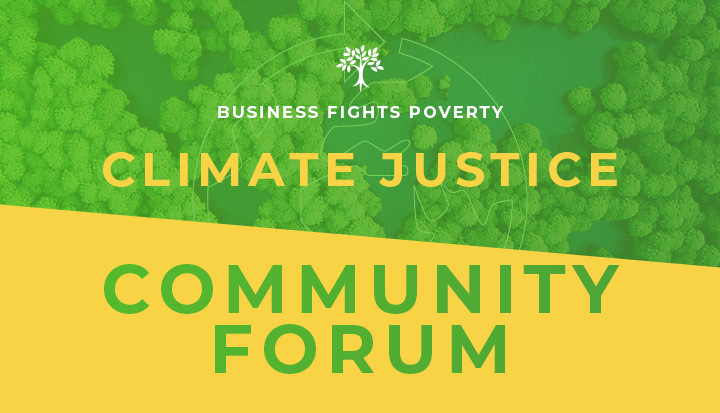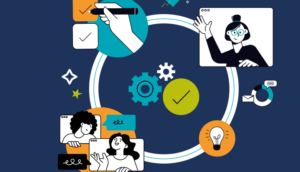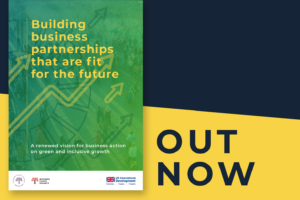Counterfeit products cause huge social problems—estimates suggest that counterfeit tuberculosis and malaria drugs alone cause approximately 700,000 deaths each year—and Sproxil takes a business approach to solve them.
Our Mobile Product AuthenticationTM solution can verify the authenticity of almost any product. A sticker with a unique code hidden under a scratch-off layer is applied to the product and at the store, the buyer scratches the sticker to reveal the code and texts it to Sproxil toll free. People can also use our mobile app or even speak to a live operator in their local language. Instantly, the consumer receives a text back confirming whether the product is genuine or fake. Since the codes can only be verified once, copying them is meaningless.
Counterfeit products are an enormous risk for pharmaceuticals, which we serve—but we also work with clients to protect farmers against counterfeit fertilizers that do nothing, contractors and their customers against unsafe auto parts and electrical components, and households against food and beverages that may not meet health and safety standards.
Our technology has other applications, too. For example, companies can track products throughout their supply chains, text consumers reminders to take their medicines, share health and safety information, conduct surveys, and offer loyalty rewards. If protected products are stolen, consumers who contact us to verify them can be notified that they have stolen goods and encouraged to call the authorities.
To date we have processed nearly 14 million verifications, protecting millions of consumers in Africa and South Asia. We have also delivered real value for our clients. One pharmaceutical distributor which had lost significant market share due to counterfeiting realized a 10% sales increase after just three months of using our solution—equivalent to a 1,000% return on investment in our service.
How have we gotten here?
Funding is a key success factor for any start-up. Because we generate social impact and work in the emerging markets, we have had access to capital that many other start-ups did not. For example, in 2010, the United States Agency for International Development and Western Union’s African Diaspora Marketplace awarded us a seed grant. In 2011, we received $1.8 million in “patient capital” from Acumen, a nonprofit organization that uses philanthropy to invest in entrepreneurs and early-stage companies who have the capability to bring large-scale, sustainable solutions to the world’s poor.
We have pursued grants and patient capital because they come with better terms than traditional funding. This required us to adopt the language of donors and impact investors—which is very different than the language of traditional venture capitalists and commercial banks. Socially focused investors want to hear about social value creation, with business value creation often framed as a means to an end. They label us as a “social enterprise” as opposed to a “start-up.” That has helped gain us recognition, such as the Schwab Foundation recently naming my co-founder and our CEO, Ashifi Gogo, “Social Entrepreneur of the Year”.
At the same time, clients see us as a key service provider and focus most on our service excellence, our ISO 9001 and ISO 27001 certifications for operational and technical quality, and our innovative approaches. In part for that more traditional business perspective, Fast Company magazine named us #7 on its “Most Innovative Companies” list of 2013.
We strive to continue both to grow as a profitable business and to increase the impact we are delivering to people in the emerging markets. We are expanding geographically and continually developing new services. Even though our sales are growing significantly and we are profitable, to fuel that growth will require additional funding on the best terms possible. The better the financial terms, the more efficiently we can expand and impact individuals’ health, safety, and economic security. That impact is a big part of what keeps the entire global Sproxil team excited every day.
Simultaneously, I worry that using the language of social impact may be limiting. The additional growth capital we need is more than most social investors can provide and traditional venture capitalists and commercial banks often do not consider socially minded companies real businesses. They have the mistaken mindset that such organizations are inherently small, understaffed, needy, and disorganized—or even non-profit.
Labels come with connotations. That’s their purpose—to convey a set of concepts in a word or two. I am concerned that the label “social enterprise,” which has helped us in the past, could now limit our potential for growth and development by making new capital more difficult to access. Can we rise above the labels and show investors and lenders that a social enterprise can be attractive to them? I’d like to see a study showing how investors value companies labeled “social enterprises” versus companies labeled “start-ups,” profiles and financials being equal.
What do you think?
The “More than Semantics” series is supported by the Citi Foundation.










